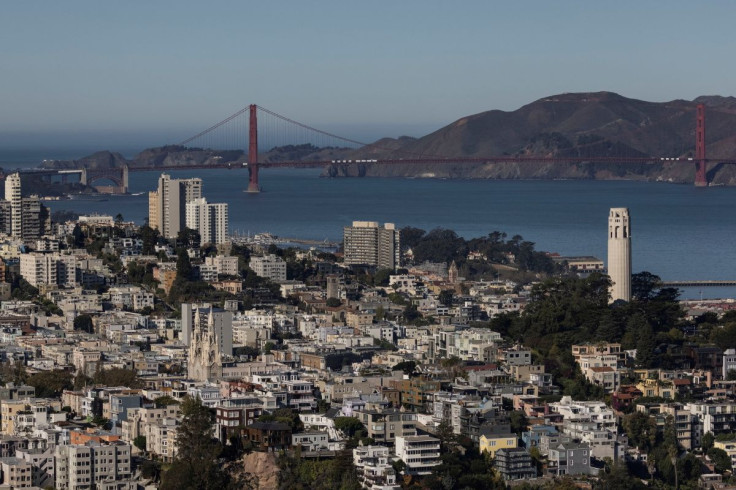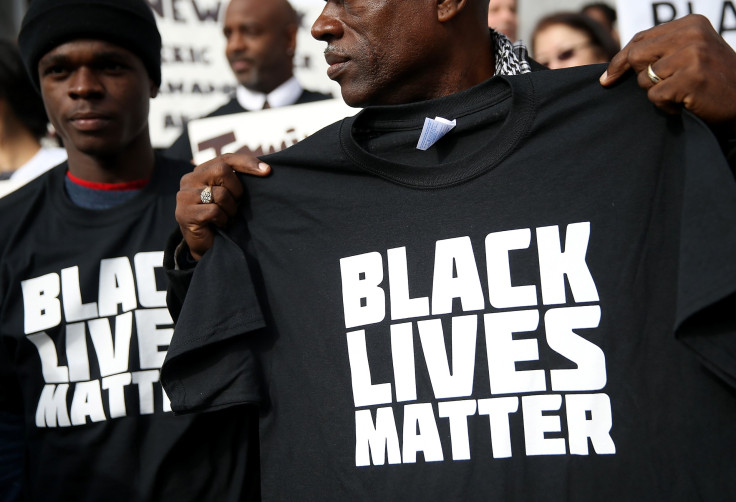San Francisco Reparations Hearing: City May Not Afford $5M Per Black Person, $1 Housing

KEY POINTS
- Politically liberal SF residents are not confident that the city could afford the plan
- The San Francisco GOP chair argued there is no comprehensive analysis regarding reparations
- SF supervisors voiced their support for Black reparations despite opposition
San Francisco's residents are not confident that the city could afford to pay lump sums in reparations to Black Americans and provide $1 worth of housing per family.
During a hearing on Tuesday, several members of the San Francisco Board of Supervisors who support the controversial reparations plan said they were surprised by the backlash they are receiving from their politically liberal constituents.
SF District 8 Supervisor Rafael Mandelman, who oversees the heavily LGBTQ Castro neighborhood, said his constituents "lost their minds" after hearing the proposals to provide $5 million in reparations to every eligible Black American and a dollar's worth of housing.
"Those of my constituents who lost their minds about this proposal, it's not something we're doing or we would do for other people. It's something we would do for our future, for everybody's collective future," Mandelman said, the Associated Press reported.
Some city supervisors also expressed reservations about the reparations plan, arguing that San Francisco is facing a deep deficit.
John Dennis, the chairperson of the San Francisco Republican Party, criticized the plan due to the absence of a comprehensive analysis of how the city could afford to implement the proposals.
"This conversation we're having in San Francisco is completely unserious. They just threw a number up, there's no analysis," Dennis said. "It seems ridiculous, and it also seems that this is the one city where it could possibly pass."
Other reparation critics also argued that the city has never enslaved Black people, let alone the entire state of California.
Tinisch Hollins, the vice-chairperson of the African American Reparations Advisory Committee, defended their proposal, saying it is essential to get a "real commitment" to provide reparations for Black residents.
Reparations advocates also noted that government policies continued to wreak havoc on Black Americans by imprisoning them and denying access to social services, such as housing and business loans, even though slavery officially ended in 1865.
Despite the opposition from the residents, the city's board of supervisors voiced their support for reparations for Black people, arguing that it was the right thing to do.
However, the supervisors' support for reparations does not mean they would adopt all the recommendations. The board could still vote on whether to approve, reject, or change any provisions in the proposal.
The Black reparations and affordable housing are just some of the more than 100 recommendations put forward by San Francisco's reparations committee, which was tasked to provide proposals on how to compensate the victims of slavery and systemic racism.
Under the draft proposal, released in December, a person who is at least 18 years old and officially identified as Black or African American is eligible for reparations if born or migrated to San Francisco between 1940 and 1996 or living in the city for at least 13 years; displaced or descendant of those who was affected by the city's urban renewal between 1954 and 1973; incarcerated by the drug war, or their descendant; or a descendant of an enslaved U.S. person before 1865.
If approved, San Francisco would be the first major U.S. city to provide reparations for Black people.
The committee will continue dissecting recommendations before providing a final report to the city board in June.

© Copyright IBTimes 2024. All rights reserved.






















